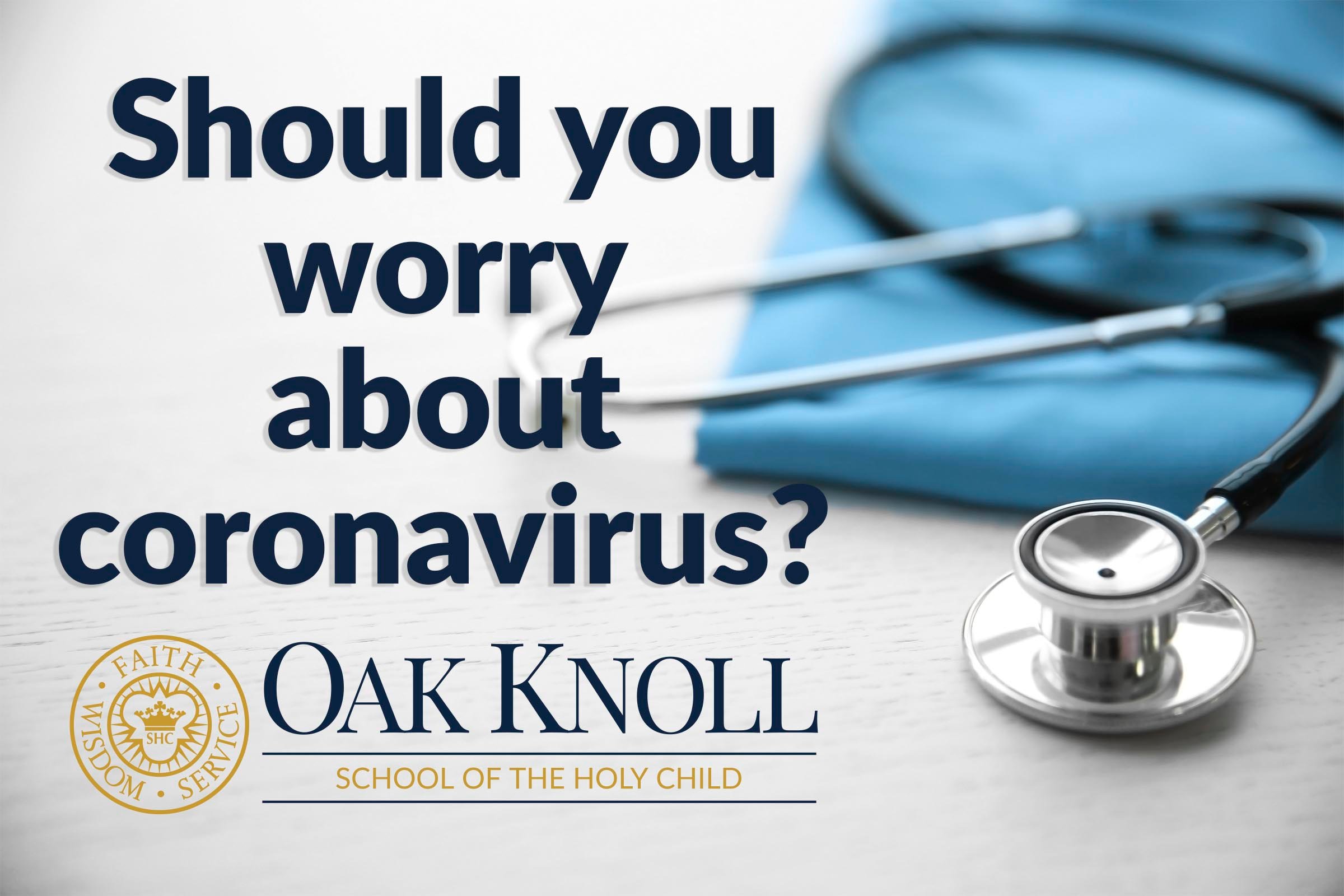If you’re like us, you can barely go an hour without receiving an email or seeing a social media post related to the COVID-19 infection, a new strain of coronavirus that is responsible for a “deadly outbreak” in China that has spread across the globe. Images of people wearing masks in New York City, news about travel restrictions to CDC Warning Level 3 areas and school and other business closures have likely flooded your digital inbox. But what do you need to know? Are you at risk?

What we know*
- More than 20,280,518 cases have been identified across the globe
- More than 739,761 people have died from the virus
- More than 13,205,119 people have recovered from the virus
- In the United States, 5,251,997 have been identified with 166,201 deaths.
- In New Jersey, 190,775 positive cases have been identified with 15,955 deaths.
What is coronavirus?
COVID-19 is a respiratory illness that was first detected in Wuhan City, Hubei Province, in China. According to the Centers for Disease Control and Prevention, many of the original patients in Wuhan, China, had some link to a large seafood and live animal market, suggesting animal-to-person spread. More recent patients reported not having a direct connection to animal markets, suggesting person-to-person spread.
What are the symptoms?
Symptoms of the coronavirus mimic those found in pneumonia or the flu. You may experience:
- Fever
- Cough
- Shortness of breath
The CDC said symptoms of COVID-19 may appear in as few as two days or as long as 14 days after exposure.
What to do if you think you or your child has it
If you have any of the symptoms of coronavirus, see your health care professional immediately. See the CDC fact sheet on coronavirus.
How to prevent being exposed
While there is no vaccine to prevent the coronavirus, the CDC recommends the following tips:
- Wash your hands often with soap and water for at least 20 seconds. If soap and water are not available, use an alcohol-based hand sanitizer.
- Avoid touching your eyes, nose, and mouth with unwashed hands.
- Avoid close contact with people who are sick.
- Stay home when you are sick.
- Cover your cough or sneeze with a tissue, then throw the tissue in the trash.
- Clean and disinfect frequently touched objects and surfaces.
See Also: When to know if your child is too sick to go to school



